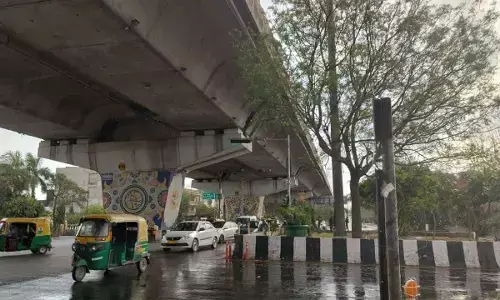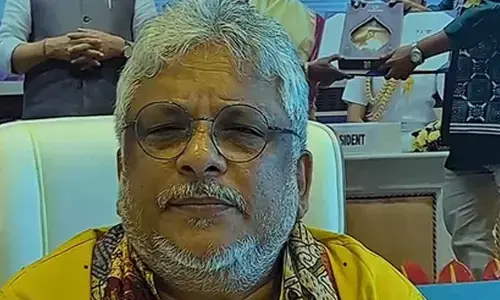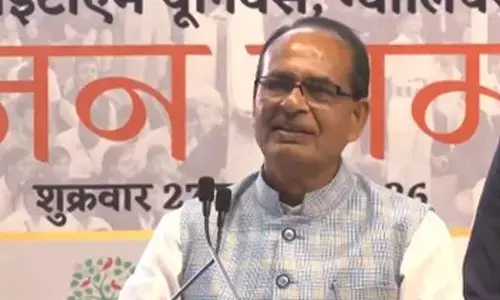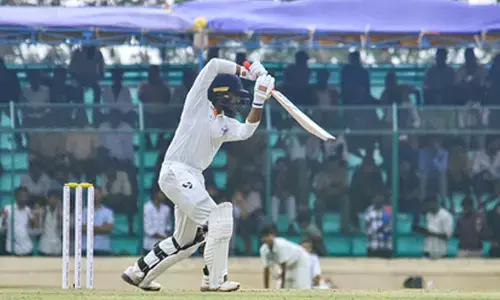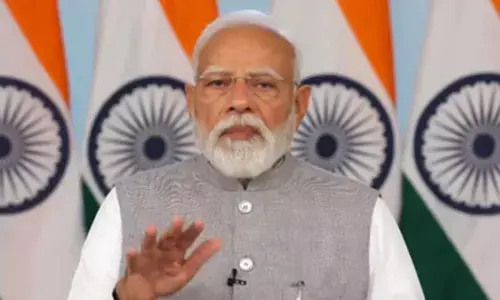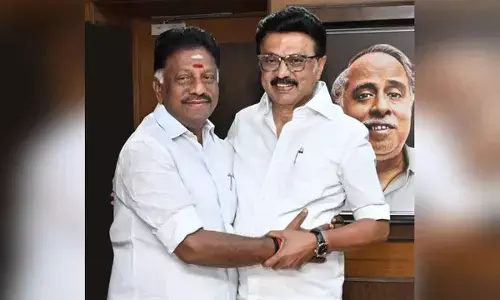Telangana aims at making the state education hub of global standards
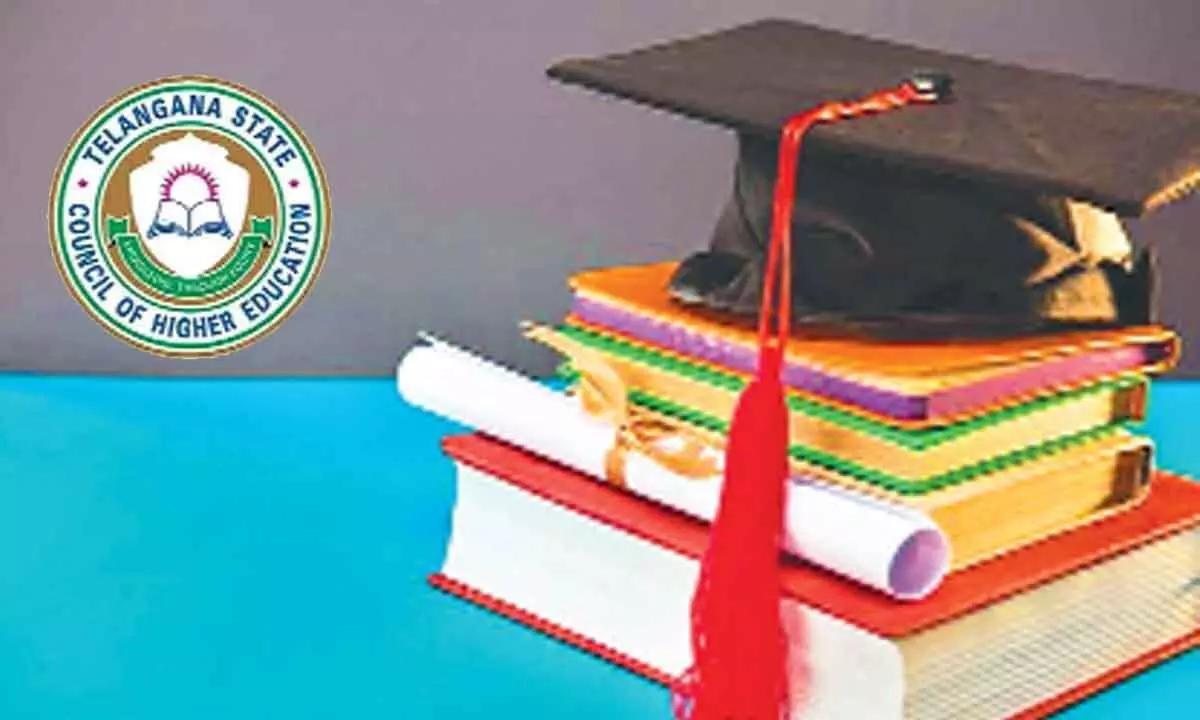
- State Education departments and universities look towards universities and foreign lands known for colonial biases
- Studies from 10+2 to postgraduation are based on theories, methodologies, and frameworks from academic exercise of foreign universities
Hyderabad: The TRS government wants the State to be a hub for education with global standards. But, the State universities are reportedly shying away from really playing a role of global standards and giving more importance to wedded with the universities and introducing courses more or less following the schools and frameworks born, brought up and nurtured in foreign universities.
The latest happening in the State is a renewed push driven by the Telangana State Collegiate Education, Telangana State Council of Higher Education (TSCHE) and several State universities (SUs) to go for sandwich courses. It allows students to study a part of the academic programme in any one-of-the SUs in Telangana and complete the remaining academic programme in a foreign university. Both the partner institutions will award the degree to those pursuing under-graduate and post-graduate programmes in a sandwich mode.
Similarly, the SUs find it more important to enter into MoUs for curriculum development and send the faculty to get trained through exchange programmes.
Speaking to The Hans India, a senior professor of social science and humanities pointed out, "the move is always from the West to East. The academics continue to get dominated by the same countries which are known for colonising countries, societies, culture and economies."
Against this backdrop, there is the increasing importance given to introducing schools and centres dedicated to studying colonial and decolonial studies.
But, nothing related to colonial and decolonial studies or allied areas has ever been contemplated at any level in the higher educational institutions in the State from the time of United Andhra Pradesh.
When asked, a senior official from TSCHE pointed out, "there may not be a dedicated focus on the 'colonial and decolonial studies in the curriculum of the State universities. However, these issues have been studied as part of imperialism, neo-colonialism and allied areas," he added.
Also, there are areas of study like subaltern studies, identity studies and the like with contemporary relevance. Further, there are a lot of changes taking place in society. In turn, the social experiences are primarily against coloniality.
However, whatever studies are pursued by the students from the 10+2 level to the postgraduate level, the theories, frameworks, and methodologies were based on academic exercises from foreign universities. It includes Centres for the Study of Social Exclusion and Inclusive Policy (CSSEIP) and a lot of others.
The State and Central governments have been spending hundreds of crores on the State universities for decades. However, not a single State university has come up with any framework and theories and given birth to any schools of thought.


